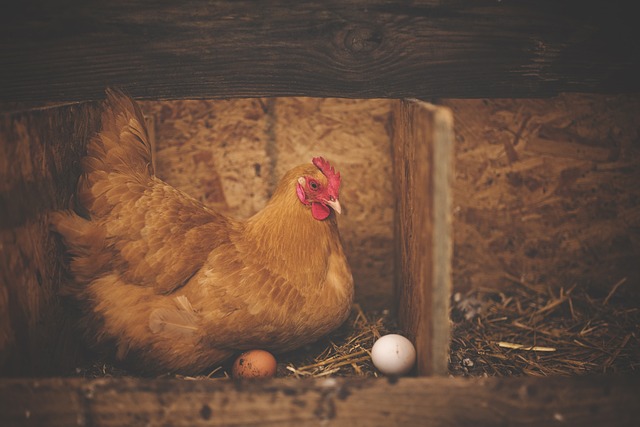Cape Town — The largest integrated poultry producer in South Africa, Astral foods, has revealed the tolling effect load shedding has had on its smaller-sized chicken portions, creating fat chickens that restaurants don’t favour.
Amid continuous load shedding, chicken houses become overloaded with chickens that are unable to be slaughtered. Resultantly, the chickens pack on a few pounds as they await their turn.
According to News24, Astral said that it is finding it difficult to get birds in the weight ranges required for QSR (quick-service restaurant) production.
It added that Astral has a backlog of large live birds on farms, and said QSR production should normalise once the backlog is addressed.
ALSO READ | Eskom suspends stage 5 load shedding
Speaking to Poultry World, CEO of the South African Poultry Association Izaak Breitenbach said that load shedding could also cause birds to die.
“If load shedding occurs, ventilation stops in the absence of generators or an alternative electricity system being immediately activated, and birds can die in as little as 45 minutes,” Breitenbach said.
“Companies that do not have generators can have up to 10,000 birds hanging on shackles in the abattoir, not being processed. These birds are lost and disposed of during loadshedding due to the lack of cooling and potential food safety issues.”
“The implication is that birds are discarded, or the decision is made to keep them on the farm, but there they consume feed and grow bigger (out of spec) for the market. There are, therefore, fewer chickens in the market, which affects the price and disrupts the entire production chain,” he added.
Follow African Insider on Facebook, Twitter and Instagram
Picture: Pixabay
For more African news, visit Africaninsider.com
Compiled by Junaid Benjamin


